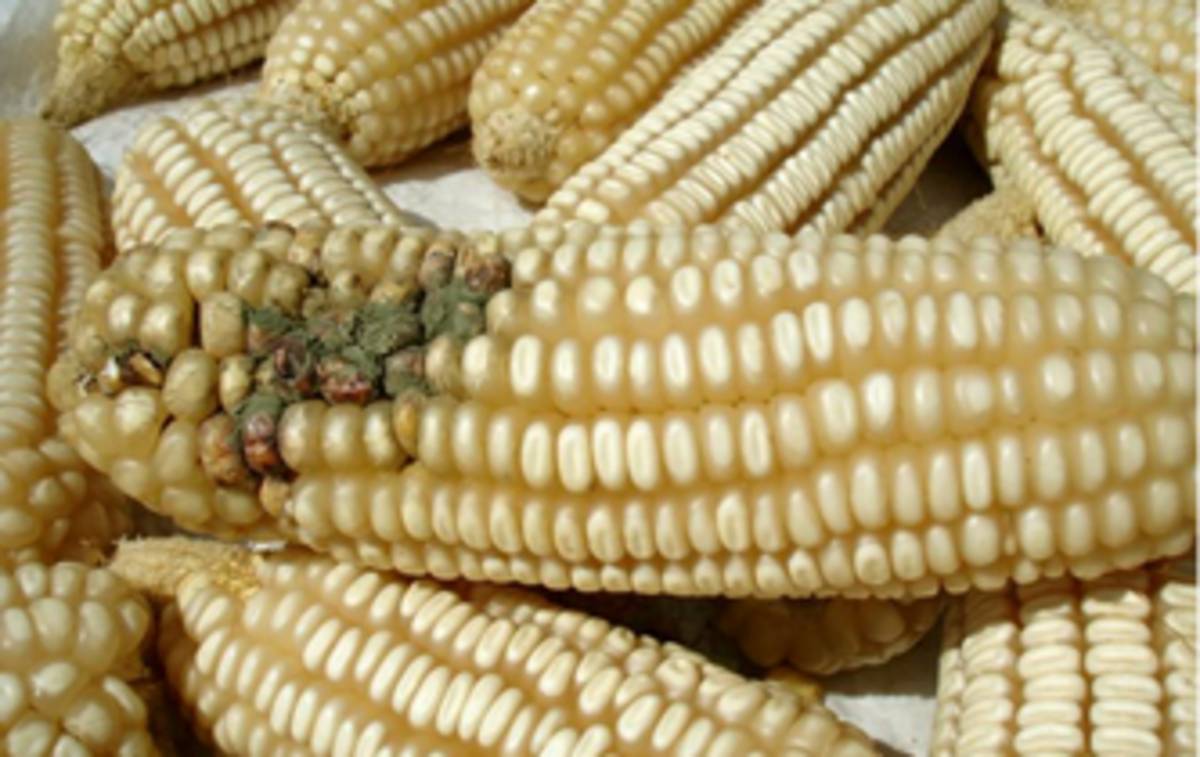The African Postharvest Losses information System (APHLIS), now being expanded by the APHLIS+ project, will involve major US, UK and African research organisations with funding from the Gates Foundation. Within this new cooperation, the JRC will lead the design of an early warning system for grains contaminated with carcinogenic Aphlatoxins, and insect and pest attacks which destroy harvested crops.
Postharvest losses can be caused by excessive humidity, drought or change of temperature, contamination by insects or bacteria or simply untimely harvesting, hence threatening food security for vulnerable communities. Research on postharvest losses has gained momentum after the 2008 food crisis and loss reduction is more and more seen as one of the most promising and sustainable ways of increasing agricultural production in Africa, as opposed to approaches relying mainly on resource-demanding intensification.
The current APHLIS model provides evidence-based information on cereal grain weight losses in 38 countries of sub-Saharan Africa, with the contribution of a network of local cereal-grain experts. The most important contribution of APHLIS to small-holder productivity is the provision of loss estimates that enable strategic targeting of investment in postharvest loss mitigation and R&D programmes.
APHLIS+ will take advantage of the achievements of APHLIS and provide an operational framework for collaboration that contributes actively to improved postharvest management and loss reduction. It will be undertaken in association with the Community of Practice (CoP) on Food Loss Reduction initiated by the UN’s Food and Agriculture Organization (FAO) and other international initiatives.
Under the overall coordination of the UK’s Natural Resources Institute (NRI), besides the existing network of experts including the JRC, a number of major universities (Purdue University, University of Kansas, University of California, University of Illinois and University of Sao Paolo), the Africa Rice Center, and private partners will now join the effort in the development of APHLIS+. The new project will focus on methods for extending loss estimation to a range of crops wider than just cereals and go beyond weight losses by including dimensions of quality, income and nutrition. The information will be displayed through maps and alerts and will link to other projects concerned with mycotoxin control and climate change adaptation.
The APHLIS+ project will initially be funded by the Bill and Melinda Gates Foundation with 3 million euro and aims to become a multi-donor initiative during the second phase of the project.
